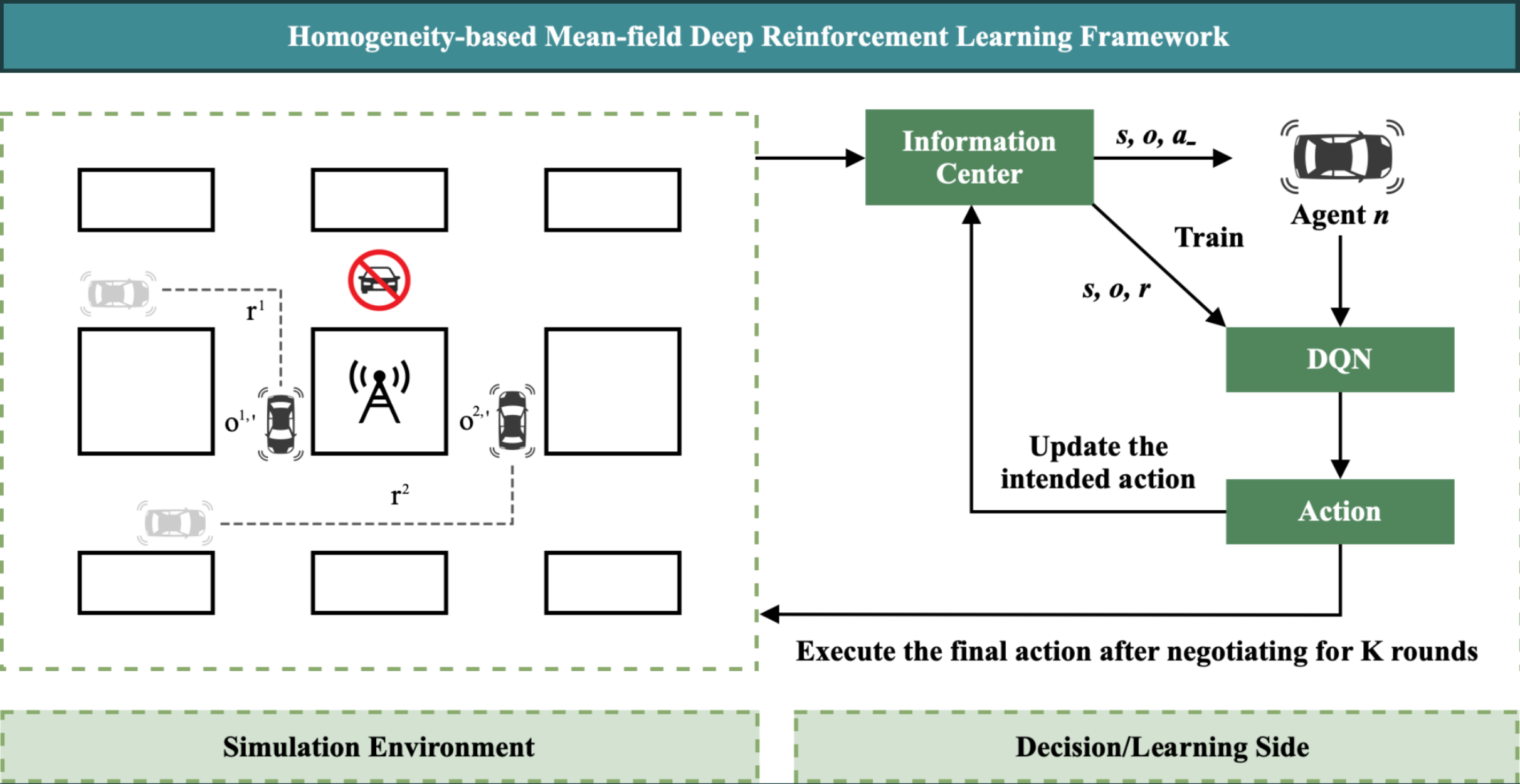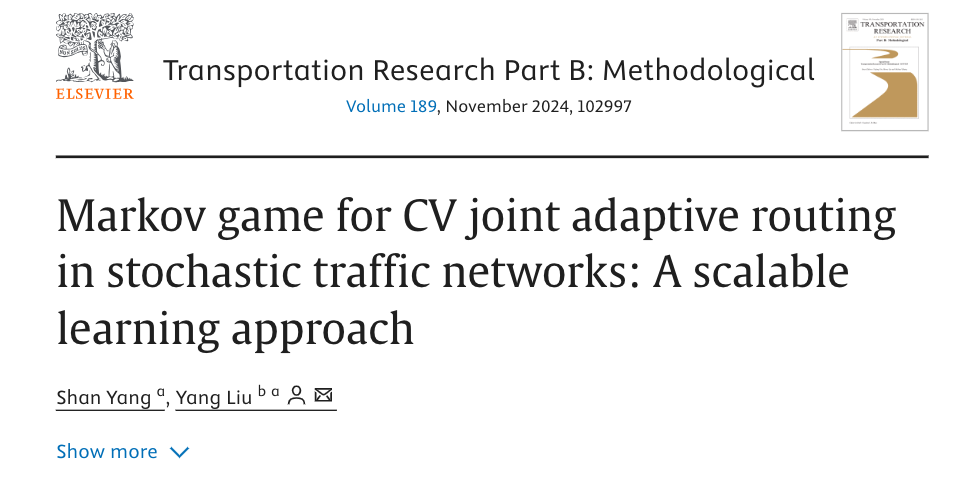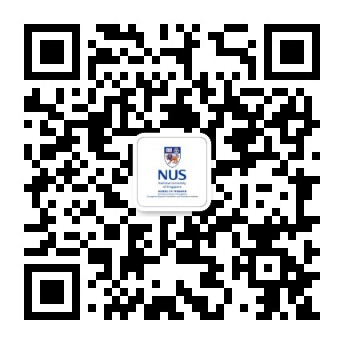The NUS Guangzhou Research Translation and Innovation Institute is committed to building a platform for interdisciplinary and cross-domain scientific research exchange, promoting the effective transformation and application of research achievements. We will regularly share cutting-edge research results and updates in this section. We welcome your engagement and discussions!
This article introduces AI-driven collaborative routing optimization technology for connected vehicles conducted by Associate Professor Yang Liu’s team. Associate Professor Yang Liu is jointly appointed at the Department of Civil and Environmental Engineering and the Department of Industrial Systems Engineering and Management at the National University of Singapore (NUS). She is also a Ph.D. supervisor at the NUS Guangzhou Research Translation and Innovation Institute (NUS GRTII).
Research Background
With the continuous growth of urban motorization, traffic congestion increasingly affects the quality of urban life and restricts urban development. Connected vehicle technology offers a viable approach to addressing this issue through real-time information sharing and coordinated routing decisions. However, the practical implementation of large-scale, real-time adaptive routing strategies within complex traffic environments still faces considerable challenges. Therefore, this study proposes an AI-powered real-time collaborative routing optimization technology to effectively address these complex traffic scenarios.
Findings

Fig. 1: Illustration of the Markov Routing Game
This study, for the first time, proposes a joint routing framework based on the Markov Routing Game (MRG), modeling the adaptive routing behaviors of connected vehicles as a multi-agent decision-making game. Through this approach, vehicles proactively consider the routing decisions of other vehicles to achieve optimal collaborative route planning under real-time traffic conditions.

Fig. 2: Homogeneity-Based Mean-Field Reinforcement Learning Framework
To efficiently handle decision-making complexity in large-scale connected vehicle scenarios, we develop a homogeneity-based mean-field reinforcement learning algorithm. The algorithm strategically clusters vehicles, drastically reducing the complexity of the decision space, thus enhancing computational efficiency and scalability.
Furthermore, this research contributes significant theoretical insights and provides robust methodologies for managing dynamic decision-making challenges involving large numbers of agents. The simulation experiments confirm that our method substantially reduces travel time and effectively eases traffic congestion under realistic conditions.
Impact and Applications
The AI-driven collaborative routing optimization technology proposed in this study not only alleviates urban congestion and improves traffic efficiency but also provides feasible solutions for intelligent transportation management and smart mobility services. In the future, this technology can be widely applied in intelligent navigation systems, autonomous vehicle scheduling, and refined urban traffic management, contributing to a more efficient and sustainable urban mobility ecosystem.
The research presented in this article comes from the Lab for Urban Mobility Systems at the National University of Singapore. This study was conducted by doctoral student Shan Yang under the supervision of Associate Professor Yang Liu, head of the lab. The findings have been published in the prestigious journal Transportation Research Part B: Methodological.

Team Introduction

Yang Liu | Associate Professor
Dr. Yang Liu is jointly appointed as an Associate professor in the Department of Civil and Environmental Engineering and the Department of Industrial Systems Engineering and Management at the National University of Singapore. Dr. Liu researches transport planning and modelling, urban mobility and logistics, traffic congestion management and data-driven methods. She has worked on research projects supported by the Singapore Ministry of Education, National Research Foundation, Land Transport Authority, Urban Redevelopment Authority, A*STAR, Cisco Systems and ST Engineering.
The NUS Guangzhou Research Translation and Innovation Institute primarily focuses on seven key areas: smart city, information and communication, electronic science and technology, advanced manufacturing, artificial intelligence, biological sciences, and financial technology. Relying on NUS’ world-class research capabilities, the Institute has engaged dozens of professors from NUS as academic leaders. These leaders guide local research teams in promoting scientific research, research translation, and postdoctoral training programs.
We look forward to working with global research experts, entrepreneurs, and policymakers to stimulate innovative thinking, explore the infinite possibilities of scientific research, and establish an interdisciplinary and cross-field ecosystem for scientific research and innovative applications.


